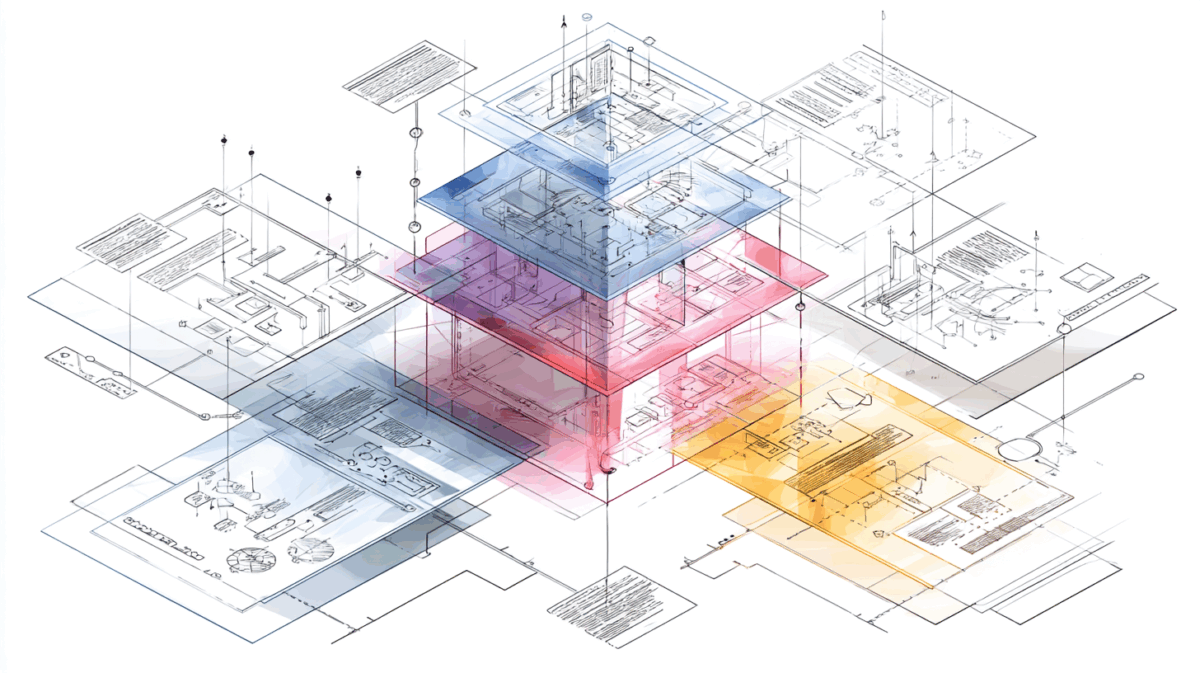Unfair Competition and Counterfeiting
Legal action against unfair competition and counterfeiting is one of Canella Camaiora®’s core areas of practice.
We approach every case with the mindset of seasoned litigators who not only know the law but also understand which procedure to initiate, when to do so, and with what strategic objective.
We act to protect our clients’ competitive advantage, commercial reputation, and intellectual property rights with urgency, precision, and method. Whether the goal is to stop imitation, respond to an accusation, or neutralize an infringement—online or offline—our guiding principle remains the same: the client’s best interest.
Do you want to receive now a personalized quote? Click on the “CALCULATE A QUOTE” button below. Answer a few simple questions and you’ll get a quote in less than two minutes.
Justice is complex—unless you truly understand how it works.
The key lies in activating the right legal tools with the right strategy, at the exact moment they are needed.
For six consecutive years (2020–2025), Canella Camaiora® has been recognized by Il Sole 24 Ore–Statista among Italy’s top law firms in the fields of Intellectual Property and TMT, based on an independent survey of attorneys, corporate counsel, and clients.
Our firm provides targeted and structured legal services, designed to deliver timely, precise, and effective responses:
- Initial consultation to assess the case;
- Legal opinions on interference between competing businesses;
- Cease-and-desist letters or responses to allegations;
- Defense in court and precautionary measures;
- Customs notices to block suspicious goods;
- Platform reports for content removal;
- Online monitoring and surveillance of potential infringements;
- Certified digital evidence collection (powered by TrueScreen®).
What is unfair competition?
Unfair competition arises when a business engages in dishonest practices to divert market share or clients from a competitor. Such conduct, which violates the principles of fair commercial conduct, may include product imitation, theft of confidential information, commercial disparagement, and organized boycott. The matter is governed by Article 2598 of the Italian Civil Code and is internationally recognized under the Paris Convention of March 20, 1883.
The difference between unfair competition and counterfeiting
Counterfeiting occurs when unfair competition also involves the infringement of industrial property rights, such as patents, registered trademarks, or copyright. In these cases, the violation extends beyond commercial misconduct to include a direct breach of exclusive rights.
Common forms of unfair competition
Frequent forms of unfair competition include:
- slavish imitation of names, trademarks, product designs, websites, or catalogs—causing confusion and diverting customers.
- Reference advertising or unauthorized association with a competitor’s reputation.
- Commercial disparagement through false and damaging statements.
Additional behaviors recognized by Italian courts include:
- Parasitic competition, systematically replicating a competitor’s business initiatives.
- Employee poaching, targeted recruitment of a competitor’s workforce.
- Organized boycott,pressure exerted on suppliers or partners to exclude a rival.
- Theft of confidential information, such as know-how, source code, client or supplier lists.
- Employee-driven competition involving misappropriated trade secrets.
- Misleading conduct such as false claims of “Made in Italy” or misuse of CE markings may also fall under the scope of unfair competition as forms of deceptive commercial practice.
How to act against unfair competition or counterfeiting
In many cases, a cease-and-desist letter may effectively stop the infringing behavior and lead to damage compensation. However, in more serious or urgent situations, it may be necessary to pursue judicial remedies, especially to preserve evidence or act by surprise.
For clear online violations involving trademarks, patents, designs, or copyrighted works, Canella Camaiora® handles direct notifications to the platforms hosting the infringing content (e.g., Amazon, Alibaba).
It is also possible to file a customs intervention request with the Italian Customs Agency to block suspect shipments.
When do unfair competition or counterfeiting become criminal offenses?
Unfair competition and counterfeiting frequently give rise to criminal liability. The Italian Criminal Code punishes a range of offenses, including unlawful competition with threats or violence (Art. 513-bis), commercial fraud (Art. 515), and the sale of industrial products with misleading marks (Art. 517).
These are situations where commercial misconduct escalates into violations of economic public order, resulting in liability that extends beyond civil damages.
That is why proactive market surveillance and timely response are essential. In legal protection, proactivity is the true key to success.
Unfair Competition and Counterfeiting
Initial consultation to assess the case
Legal opinions on interference between competing businesses
Cease-and-desist letters or responses to allegations
Defense in court and precautionary measures
Customs notices to block suspicious goods
Platform reports for content removal
Online monitoring and surveillance of potential infringements
Certified digital evidence collection (powered by TrueScreen®)
Do you want to receive now a personalized quote? Click on the “CALCULATE A QUOTE” button below. Answer a few simple questions and you’ll get a quote in less than two minutes.

Fatal road traffic accident: family members’ rights and compensation for damages
This article examines the rights of the family members of a person who has died in a road traffic accident and the steps required to [...]

When can a slogan be registered? (EUIPO common practice)
Trademarks and slogans often operate on the same communicative level, but they follow different legal logics. A slogan may be effective from an advertising perspective [...]

Can a newspaper’s name be reused? (Milan Court, order of 29 December 2025)
There is a particular category of assets which, in the law of information, does not cease to exist even when it apparently disappears from newsstands. [...]

“Replaced by AI”? The Rome Court clarifies the limits of dismissal
In recent months, a ruling by the Rome Court (no. 9135 of November 19, 2025) has attracted particular attention, which, according to some news outlets, [...]

Veterinary malpractice and compensation for non-economic damages (Florence Court of Appeal, Dec. 23, 2025)
In the context of contractual disputes, this article comments on the judgment of the Florence Court of Appeal, Fourth Civil Division, issued on December 23, [...]

The former partner who becomes a competitor: the drop in turnover as evidence of unfair competition – a comment on Venice Court, Order of 15/05/2024
A former partner who becomes a competitor, taking clients, know how and turnover with them. Can this be regarded as conduct contrary to fair competition? [...]

When a company’s value depends on know-how… that can walk out the door
In innovative companies, a significant part of value is invisible: it is not machinery, not a factory building, not a patent. It consists of ideas [...]

Employee migration, reverse engineering or unfair competition? (Italian Supreme Court, Civil Division, order no. 18958/2023)
The article examines a decision upheld by the Italian Supreme Court in the field of unfair competition and unlawful use of industrial secrets, focusing on [...]

When a project submitted to an Italian Public Administration is protectable (and when it is not)
It happens more often than one might think: a professional, a company, or a creative team invests time, skills, and resources to develop a project [...]

Corporate know-how: when a former employee risks criminal liability
Many entrepreneurs associate the “theft” of know-how with material copying: a duplicated file, a cloned project, an identical design. In reality, protection may apply even [...]

CES 2026: what is changing in technology (and why waiting is no longer an option)
CES 2026 (the Consumer Electronics Show in Las Vegas) marked a decisive turning point: artificial intelligence is no longer a novelty, but a baseline condition. [...]

Authorial photographs and the risks of political instrumentalization (Comment on Milan Court, judgment no. 8613/2025)
The article examines the judgment of the Milan Court, 11 November 2025, no. 8613, concerning the protection of photographs and the limits of copyright exceptions. [...]